This is your weekly instalment of WTF is going on because, these days, a lot can happen in a week…
If you were lucky, you probably didn’t know who Toby Young was before this week. Sadly, I did because I interviewed him for a Radio 4 documentary way back in the pre-Brexit days of 2014. On a rainy day in May I met him at his West London Free Schoolwhere the mantra was that every student would get a rigorous education as well as lessons in art, drama and music ‘regardless of background or ability’.
It is not for this that Young has cast a shadow over the first week of 2018. Nor, arguably, is it really because he’s now been appointed as a watchdog at the newly created Office for Students. Part of the reason for the backlash against his appointment comes from the fact that he is perceived to have a lack of qualifications to be on the panel. While he has, it’s worth saying, also done some very good work in the education sector: co-founding four free schools and running a charity that works with people who would like to do the same. Sadly, he has never actually worked at a university and neither held teaching posts at Harvard nor Cambridge as the Department of Education claimed he had.
The main reason that Young has dominated headlines and airwaves for more time than any of us had ever wished he would because he has, in the past, throughout his decades as an arduously provocative and agitating right-wing journalist said loads of really really stupid stuff. If you make being offensive not only your modus operandi but your career USP then you can hardly be surprised when people are, well offended…
Among the things Young has said are:
On Inclusivity in The Spectator 2012:
‘Inclusive. It’s one of those ghastly, politically correct words that have survived the demise of New Labour. Schools have got to be ‘inclusive’ these days. That means wheelchair ramps, the complete works of Alice Walker in the school library (though no Mark Twain) and a Special Educational Needs Department that can cope with everything from dyslexia to Münchausen syndrome by proxy. If [then education secretary, Michael] Gove is serious about wanting to bring back O-levels, the government will have to repeal the Equalities Act because any exam that isn’t ‘accessible’ to a functionally illiterate troglodyte with a mental age of six will be judged to be ‘elitist’ and therefore forbidden by Harman’s Law.’
On boobs, via Twitter (now deleted):
‘What happened to [Claudia] Winkleman’s breasts Put on some weight, girlie #comicrelief'
10.17PM – 13 Mar 2009
In response to PMQS – ‘Serious cleveage behind Ed Miliband’s head. Anyone know who it belongs to?’
In response to the US show Top Chef which he appeared on with Padma Lakshmi – ‘Do Padma’s breasts look bigger than normal? I think they do. #tcparty’
3.02am – 10 December 2009
‘In hotel room with five-months pregnant Padma. Her boobs are MASSIVE. Be careful what you wish for…’
12.00am – 24 October 2009
He has since deleted a tweet, helpfully screen grabbed by The Guardian in which he said Lakshmi looked ‘pleased’ in a photoshoot because he had his ‘dick up her arse.’
On eugenics (yeah he went there), The Quadrant 2015:
‘My proposal is this: once this technology [genetically engineered intelligence] becomes available, why not offer it free of charge to parents on low incomes with below-average IQs?’
On sexual harassment at work (warning is particularly galling), The Spectator 2016:
‘After I’d made a couple more of these unsuccessful attempts at flirtatious banter, someone left a copy of Condé Nast’s ‘Sexual Harassment Policy’ on my desk. ‘It has long been the policy of Condé Nast to maintain a professional working environment for all its employees, free of any form of discrimination or harassment,’ it said. The next bit was underlined in red felt-tip pen: ‘A joke considered amusing by one may be offensive to another.’ I found out just how true those words were when I hired a strippergram to surprise a male colleague on his birthday on what turned out to be Take Our Daughters to Work Day.’
In the same article he said ‘companies need to get prepared for young employees who will take offence at anything’.
Young, whether you like his politics or not, has fallen foul of some of the cardinal rules of social millennials in true naïve Generation X style. A man who entiteldly believed his opinions were worth their weight in gold and that being contrary and controversial would never come back to bite him is learning the hard way that the world has had enough of men like him. All you need to know is that one of the few public figures defending him is Boris Johnson, who has said that his ‘caustic wit’ to the job. Whether that was on the job spec we’ll never know.
Now, let’s make no mistake: Young has said, written and tweeted some abhorrent things. He has been criticised as ‘ableist, classist and sexist’ by the President of Cambridge University Students’ Union which, in truth, is not an exaggeration.
Young has appointed himself as a defender of free speech for a long time. He is, he would have you believe, on the frontline of defending common sense from snowflakes and no-platforming. We shouldn’t dismiss him because he is right-wing but we should disagree with him and explain why the things he has said in the past are wrong. That is the very definition of free speech. We should, rather, look at him and consider the things we don’t like about him and resolve to be even firmer in what we do, say, think and know to be right.
One of the great dangers for people who made their careers out of being contentious and contrary on Twitter, like Young, Katie Hopkins or, perhaps one day, Donald Trump, is that the world will change, progress will happen, people will think differently and the things they’ve said to get attention (if we’re being generous to them) will stay there forever. Young now says he ‘regrets’ some of the things he has saidwhich begs an obvious question: why did he say them?
It would also help if Young had apologised properly. He has defended his foot in mouth moments by describing them as ‘sophmoriphic’. The trouble, however, is that he wasn’t at school or college when he made offensive remarks, he was a grown man in his 40s and 50s and that makes it all much harder to excuse.
MORE : All The best natural anti-depressants out there
Discover: Natural Anti Depressants
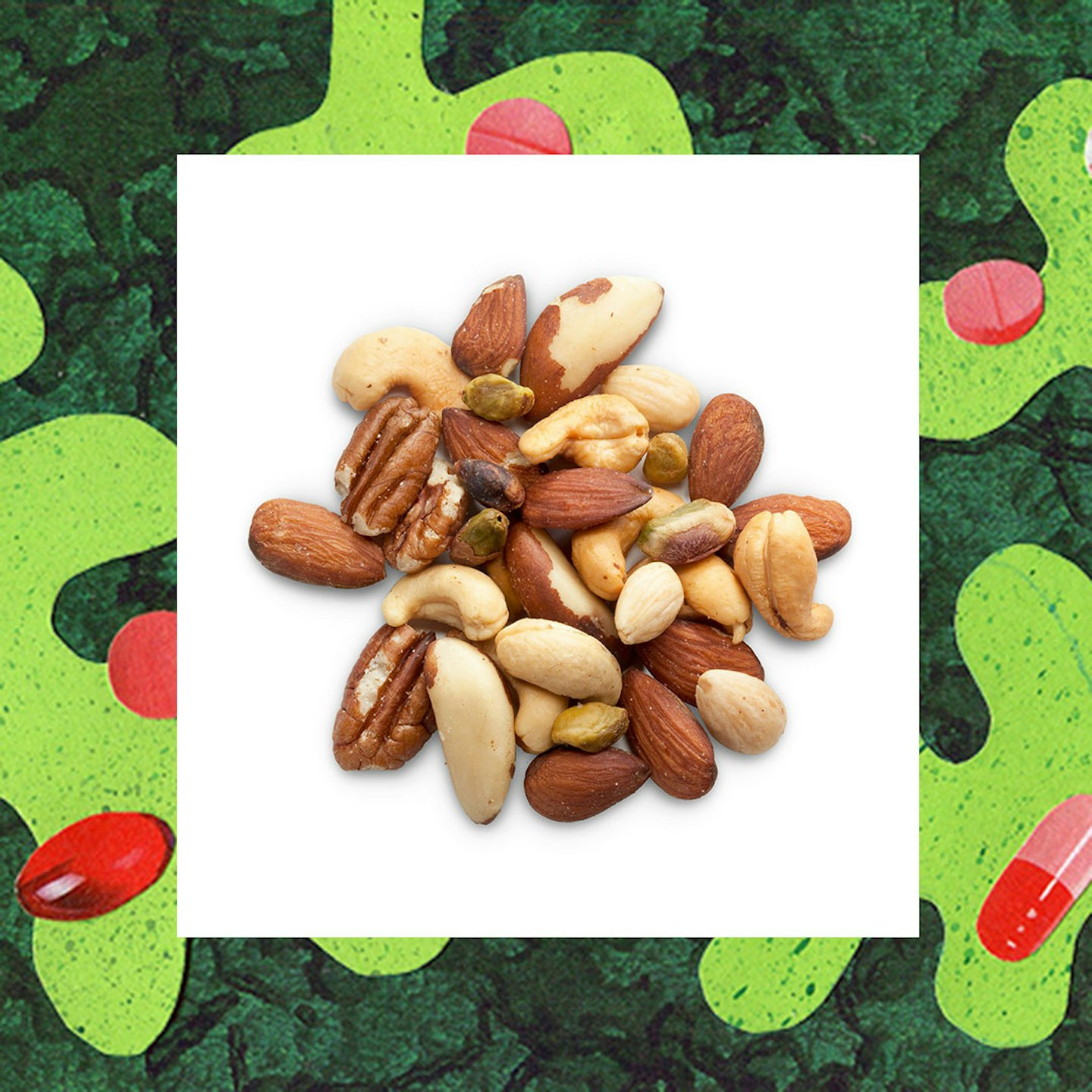 1 of 11
1 of 11Omega 3
Omega-3 fatty acids are essential minerals which reduce inflammation and are vital to brain functions such as mood and memory. Your body doesn't produce them naturally so you can only get them in you via food (like fish, nuts and seeds) or dietary supplements.
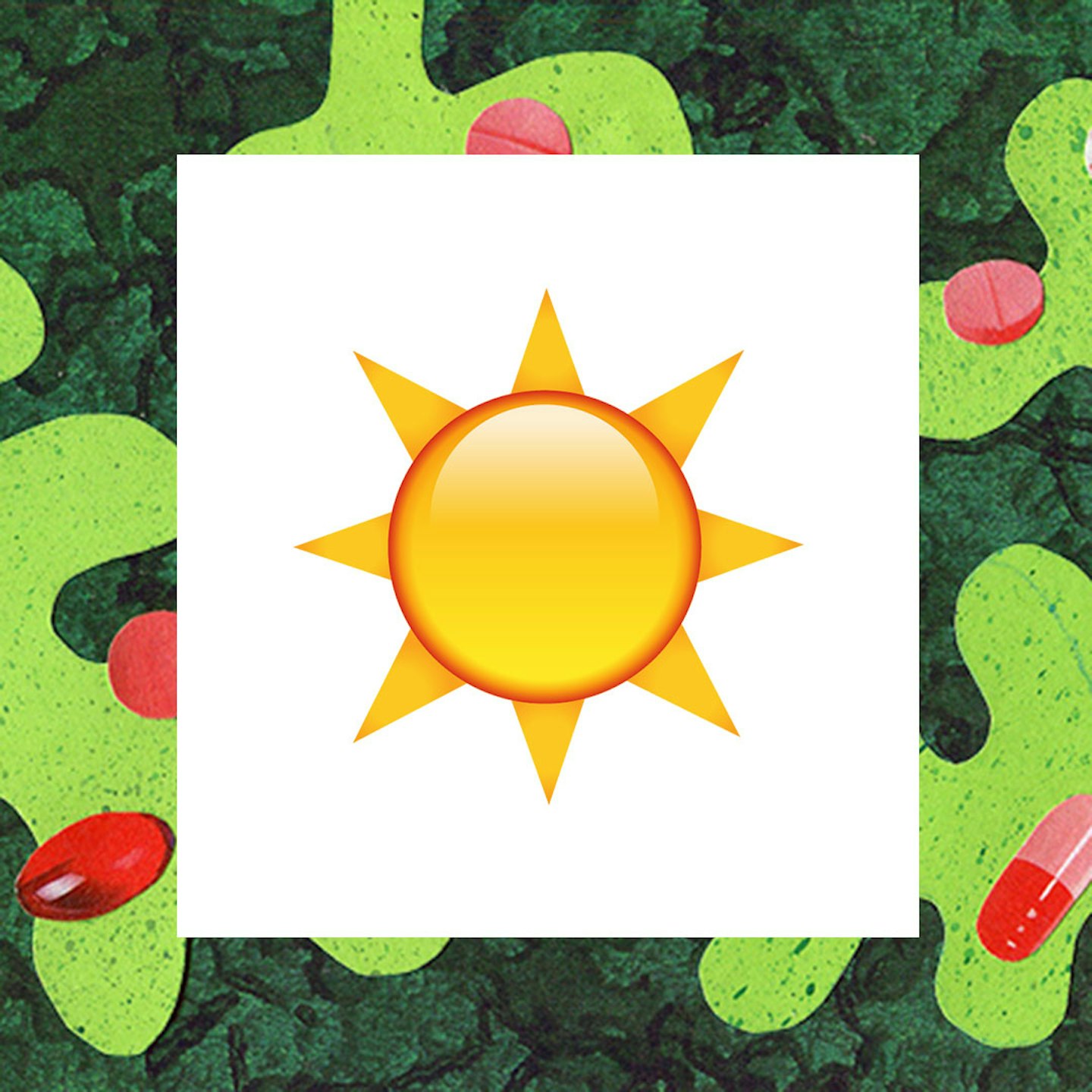 2 of 11
2 of 11Vitamin D
In addition to bone health, Vitamin D can play a vital role in the areas of the brain that are linked to the development of depression and other mental health problems.
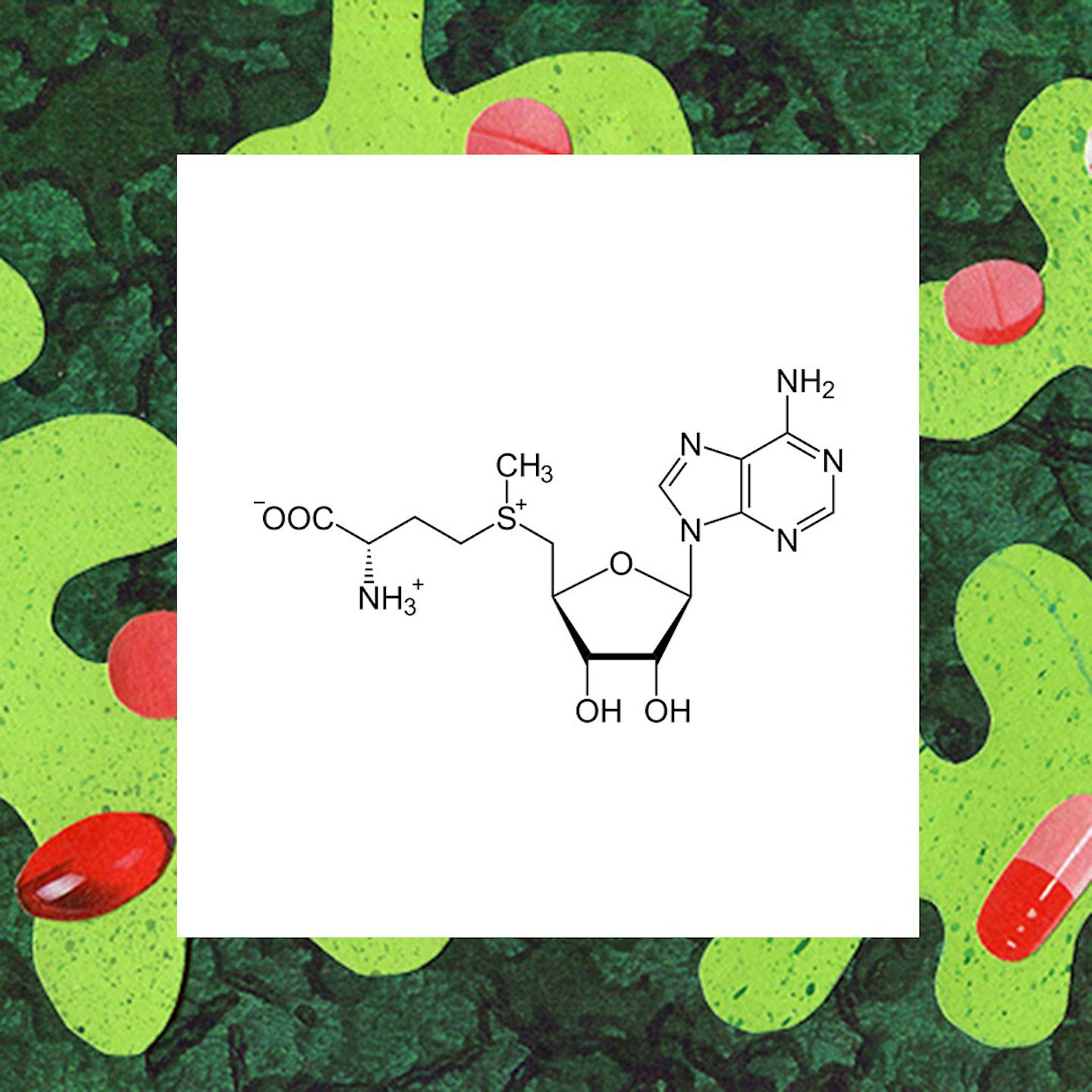 3 of 11
3 of 11S Adenosylemthionine
SAMeis a molecule that the body naturally forms and is available as a dietary supplement. In addition to depression and anxiety, it can be used for many other conditions including heart disease, fibromyalgia, tendonitis and many more. It is also recommended for PMS. It works by making sure that chemicals in the body that play a role in pain, depression, liver disease, and other conditions, actually do their job.
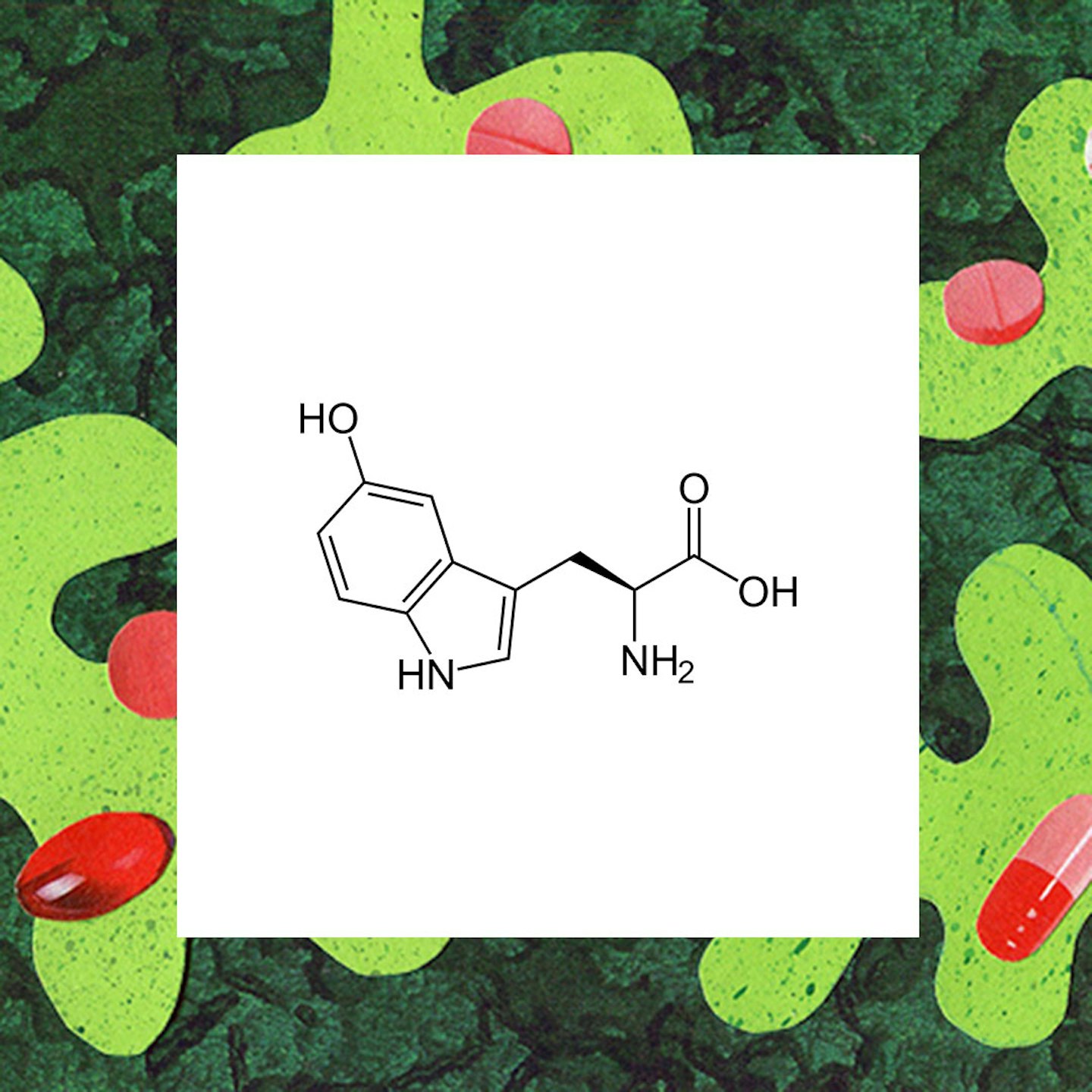 4 of 11
4 of 115-Hydroxytryptophan (5-HTP)
Like SAMe,5-HTP is also a chemical (an essential amino acid) that the body makes naturally. It works by helping to raise the serotonin (the happy hormone) levels in the brain. 5-HTP has been known to have a positive effect on sleep, mood, anxiety, appetite, and pain.
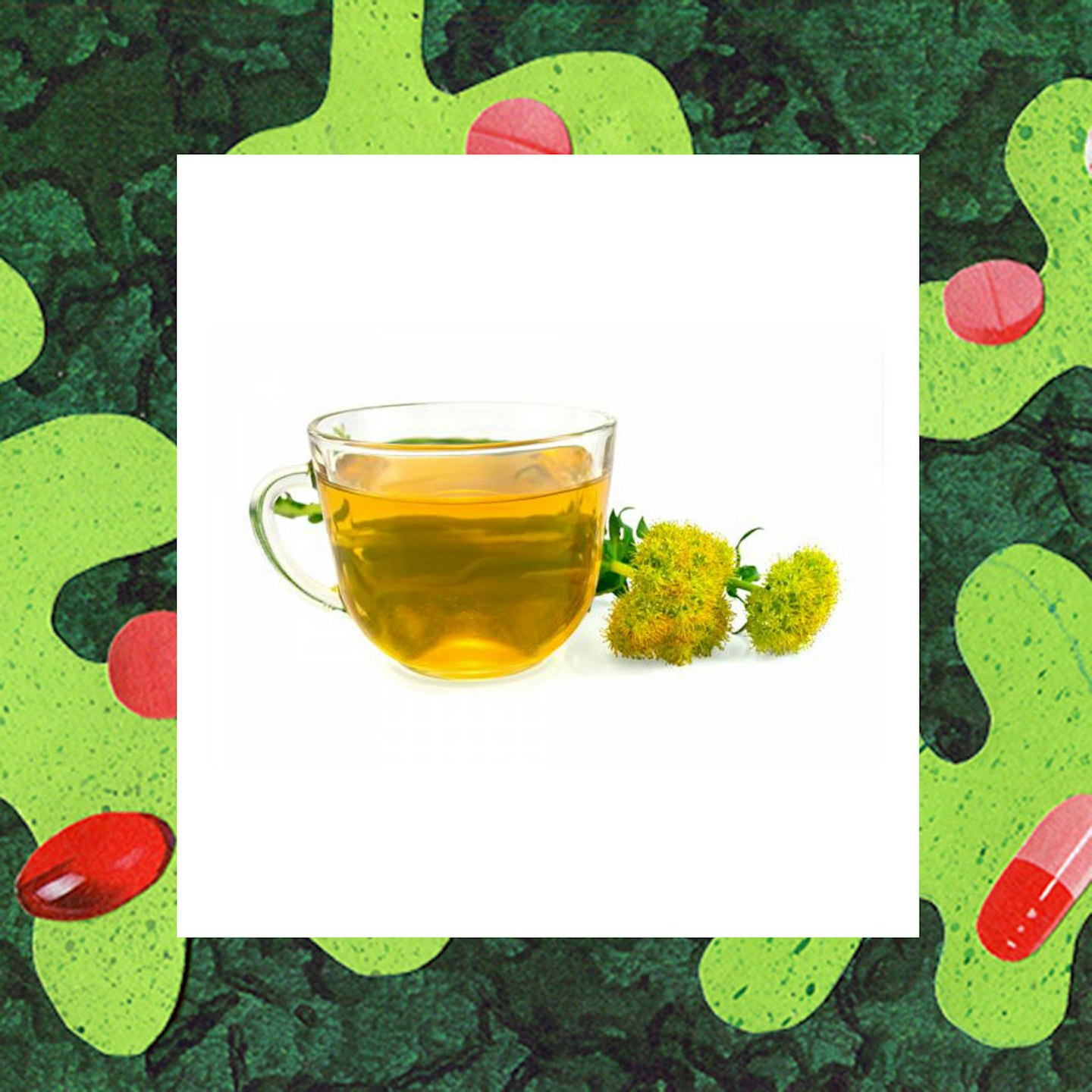 5 of 11
5 of 11Roseroot Herb
A study conducted on whether the Rhodiola Rosea (Roseroot) herb was effective for depression showed that it was almost as effective as the popular antidepressant, Sertraline (Zoloft), but with fewer side effects. The herb boasts strengthening the nervous system, fighting depression, enhancing the immune system and memory, elevating stamina, aiding in weight-loss and increasing sexual function.
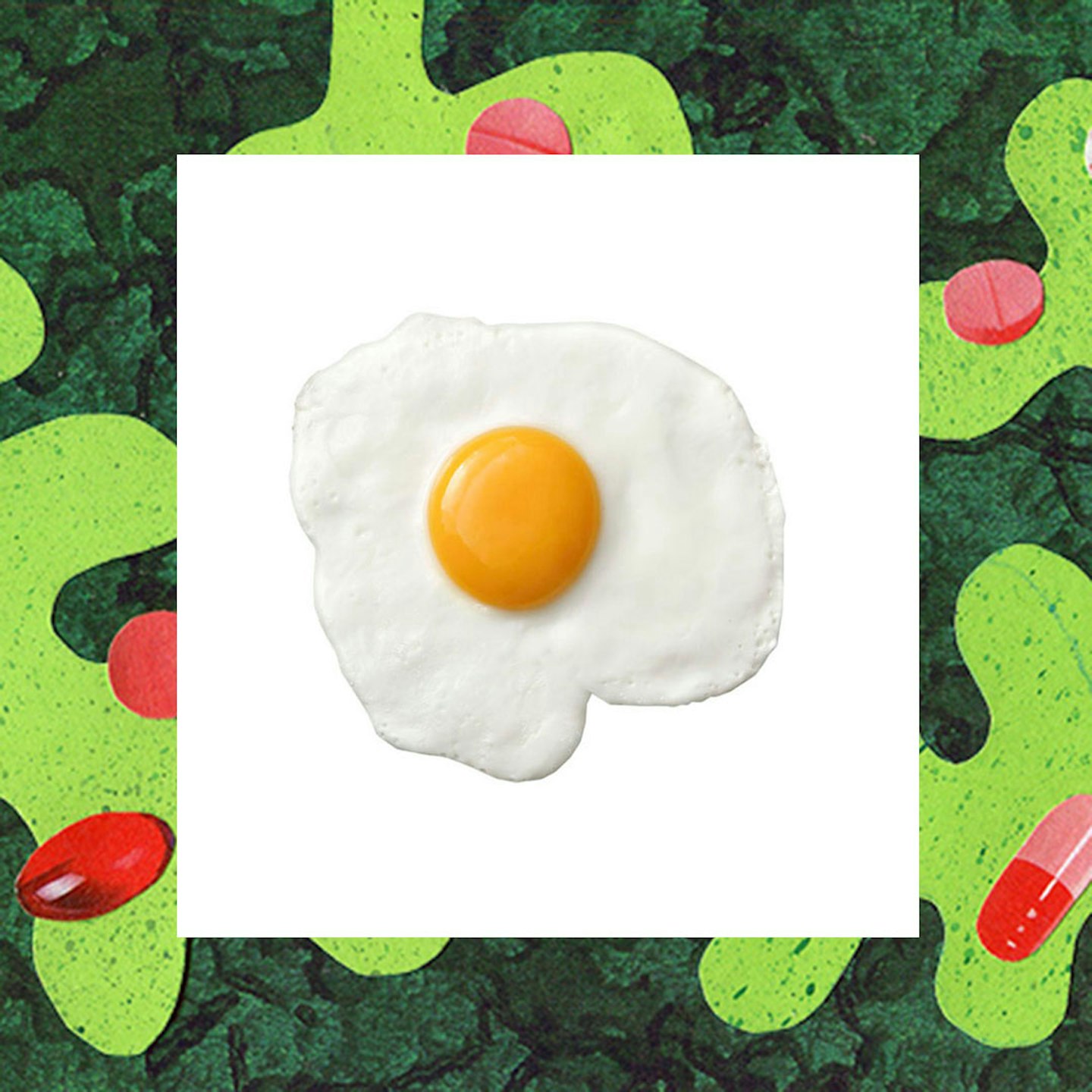 6 of 11
6 of 11Iron
A lot of adults, especially women, suffer from iron deficiency, and guess what? Iron deficiency symptoms are pretty similar to depression symptoms, i.e. fatigue, irritability, and foggy brain. The recommended daily iron allowance in adults is roughly 8 to 18 mg daily (check with your doctor though because everyone's number is different).
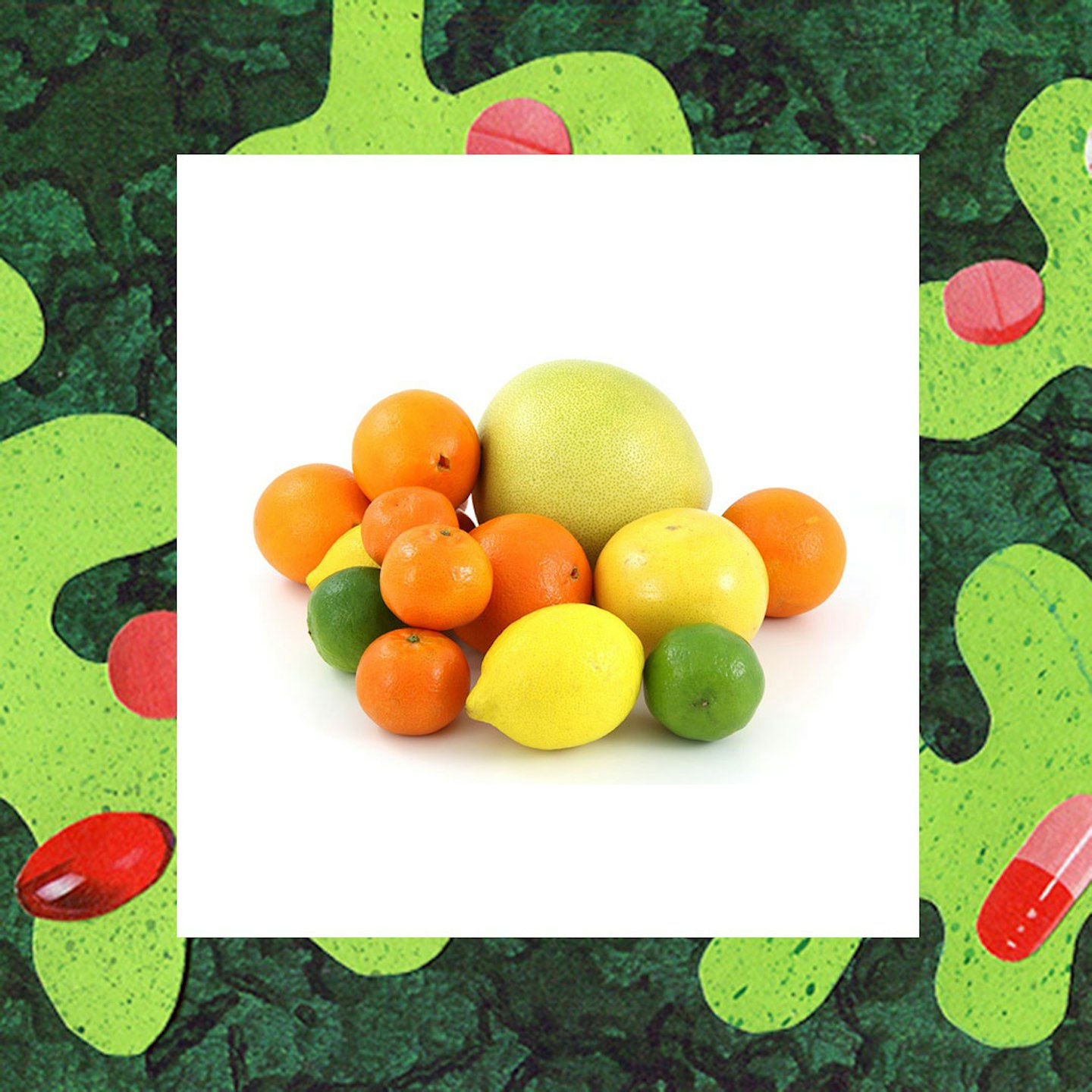 7 of 11
7 of 11Folate
If you don't have enough folate, antidepressants may not work. Some docs prescribe folate along with antidepressants to treat depression and improve the effectiveness the medication. Most adults need at least 0.4mg daily, which you can though food including dark leafy greens, beans and citrus fruit, or as a supplement.
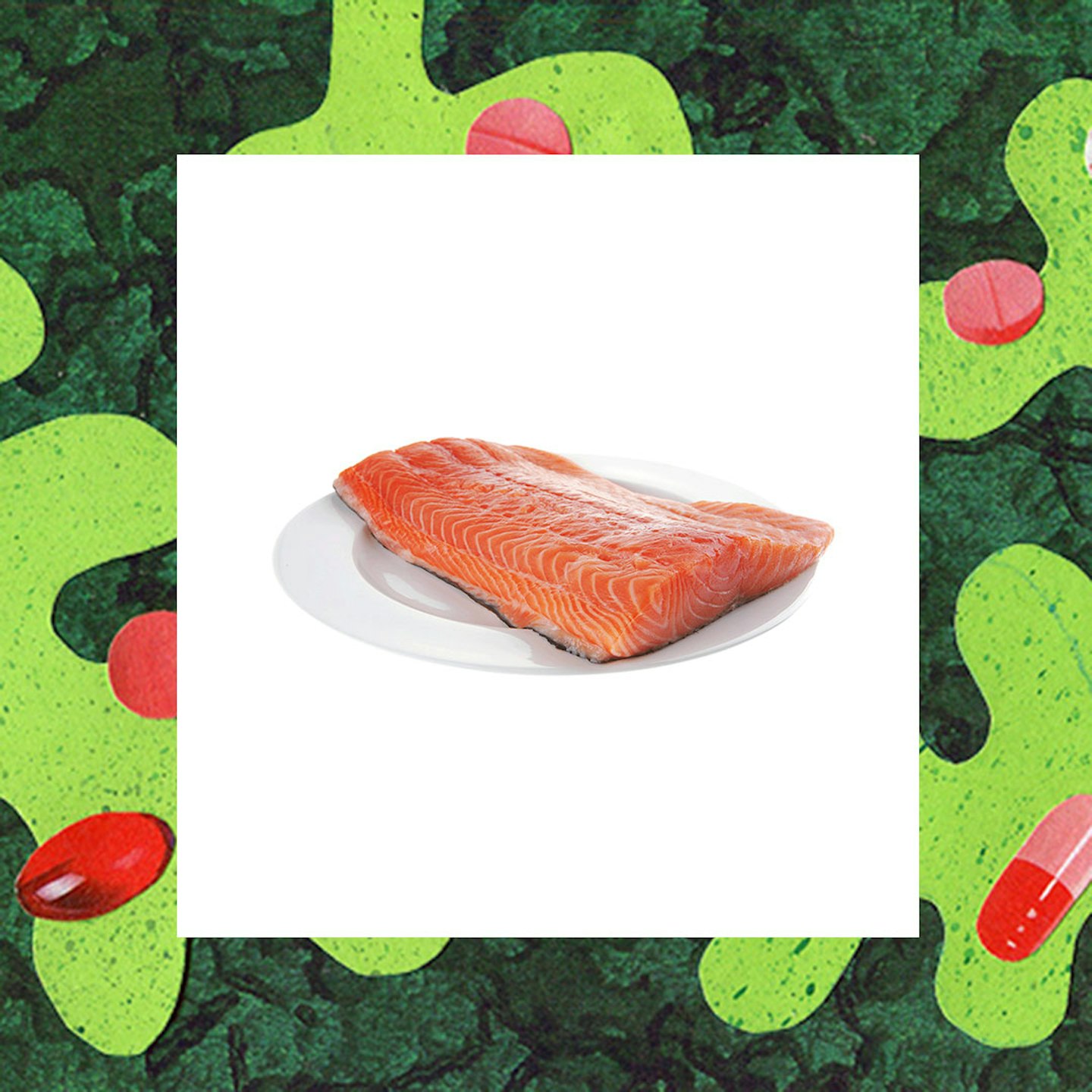 8 of 11
8 of 11B12
Vitamin B-12 and other B vitamins can play a role in producing mood-affecting brain chemicals and low levels of these may be linked to depression. If you have a poor diet and the body can not absorb enough B vits, your mood can be severely affected. Getting a blood test will determine how much of the B goodness you have in your system, and whether you need to stock up. B vitamins are found in animal products like milk, fish, meat and eggs, so if you are a vegan, you should definitely be getting your B's from dietary supplements and vitamins.
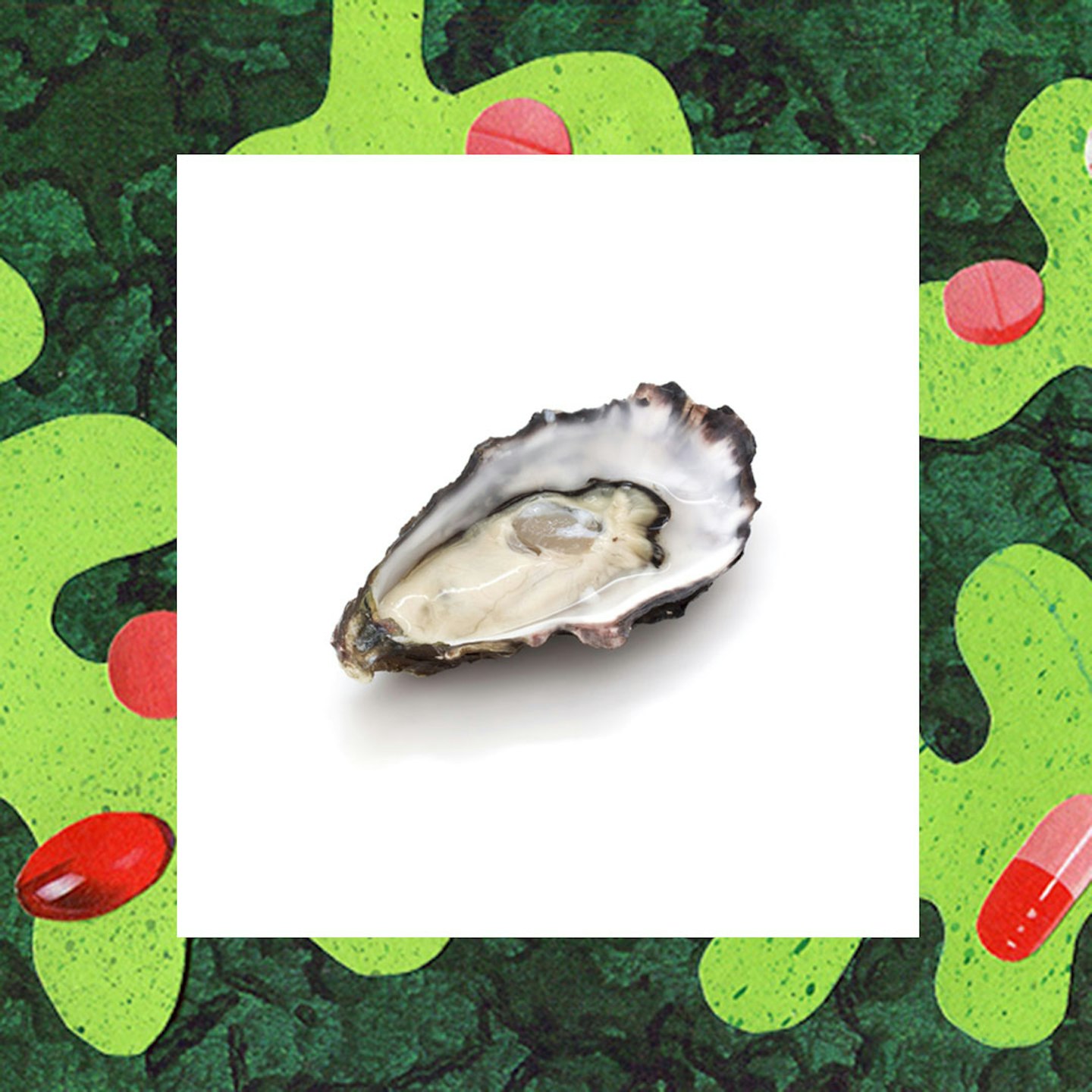 9 of 11
9 of 11Zinc
Zinc is crucial to our system as it activates our digestive enzymes breaking down food, and helps prevent food allergies, which can avert depression. It also helps our DNA to produce and repair proteins, control inflammation and boost our immune system.
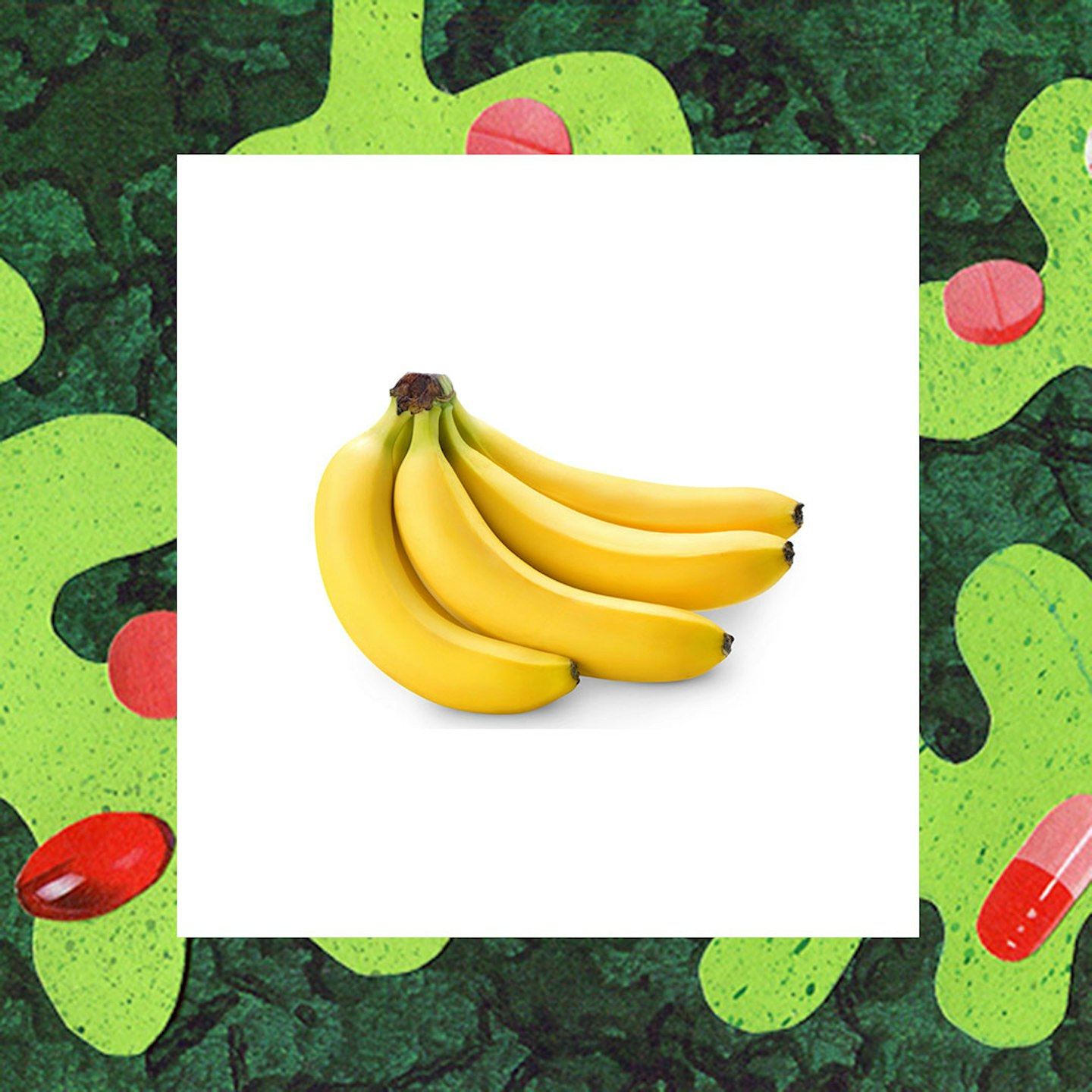 10 of 11
10 of 11Tryptophan
Tryptophan is an essential amino acid which you get through food such as bananas, tamarind, oats, sesame seeds, kiwi and watermelon. Once in the body, it converts to niacin, serotonin and melatonin. Most antidepressants work by increasing the amount of serotonin in the brain and Tryptophan helps to increase serotonin levelswithout the extreme side effects of meds.
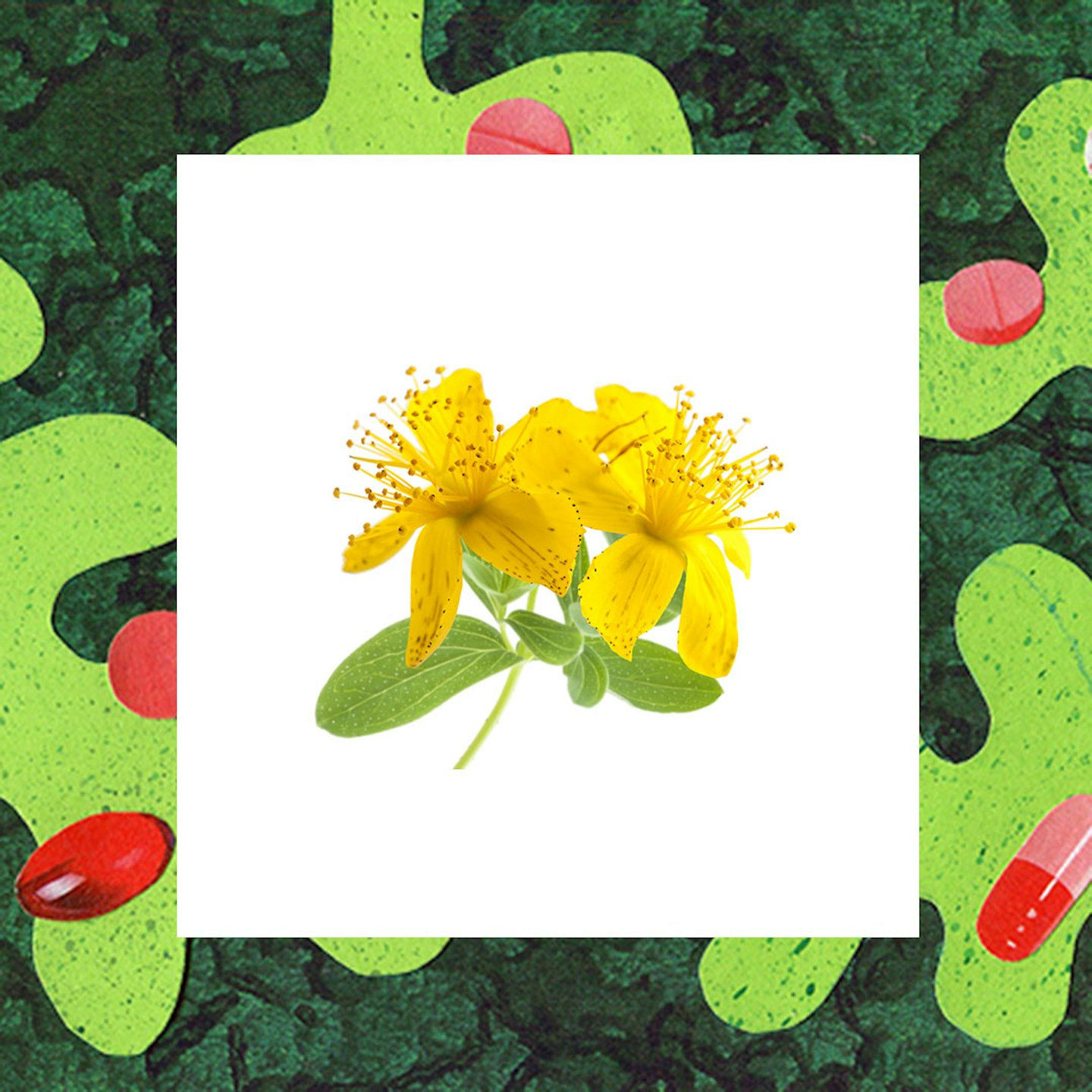 11 of 11
11 of 11St John Wort
St John's Wort has been around for yonks and is one of the most popular natural methods used for dealing with stress, anxiety and depression. It's a plant with yellow flowers. There has been some scientific evidence that St. John's wort may be helpful in treating mild depression. It's been claimed that it works just like regular antidepressants in that it inhibits the reuptake of the neurotransmitters serotonin, norepinephrine, and dopamine.
There’s irony here somewhere…is it that the ‘snowflakes’ he’s now tasked with working alongside probably understand these matters far better than he ever, ever will? Or is it that the very free speech which he loves so much has hit him in the face like a rake? Or, is it that we’re all so busy being annoyed about what a bore Toby Young is that we haven’t really talked about what a total sham the Office for Students is? After all, it’s a new body set up to regulate higher education, supposedly in the interests of students but, somehow, according to the Minister for Education Jo Johnson that is going to include fines and sanctions for those institutions which are deemed not to be ‘protecting free speech’? Just before Christmas Johnson expressed his alarmabout students ‘seeking to stifle those who do not agree with them’ and said ‘we must not allow this to happen. Young people should have the resilience and confidence to challenge controversial opinions and take part in open, frank and rigorous discussions.’
In that spirt, I’ve got an idea. Let’s have a debate in a big old lecture hall. Let’s stick Jo Johnson, his bro Boris and Toby Young alongside women who have been sexually harassed at work and see how it goes when they try to call them snowflakes in the name of 'caustic wit'.
You might also be interested in:
Follow Vicky on Twitter @Victoria_Spratt
This article originally appeared on The Debrief.
